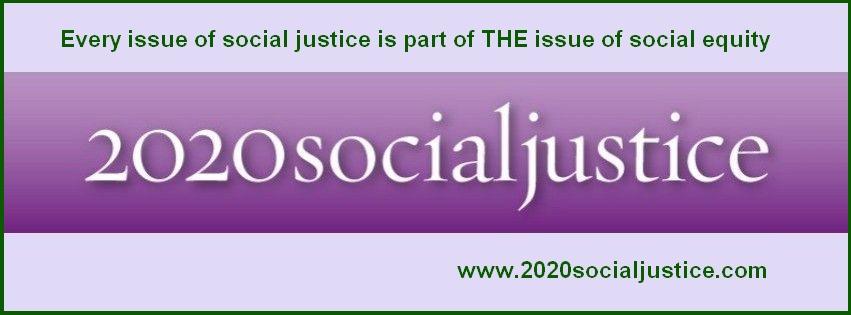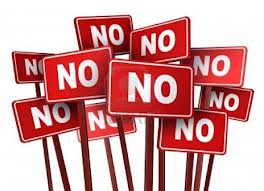 I lost faith in the power of political protest on 19 March 2003 – the day it became clear that millions of people out on the streets across the world had failed to avert allied invasion of Iraq.
I lost faith in the power of political protest on 19 March 2003 – the day it became clear that millions of people out on the streets across the world had failed to avert allied invasion of Iraq.
I do not, however, totally agree with Liz Thompson’s hardball critique of current protest in Australia (against offshore processing of asylum seekers) (click here).
“I am not speaking at the Close Manus rally,” Liz writes. “I don’t honestly believe a rally such as this does anything. ’Not in our name’ is a self-referential slogan, it speaks about us, not about those behind the wire.”
I agree. Partly. But I also found myself listing some of the reasons I still (occasionally) attend rallies. Here are six of them:
- RALLIES ARE ABOUT SOLIDARITY
Rather than speaking on behalf of others, participating in a rally can be an expression of solidarity. Additionally, being amongst likeminded people can liberate personal energy for associated work. (I have certainly experienced this benefit in relation to parallel work with asylum seekers who have been navigating their way through our torturous refugee determination processes.) - RALLIES PROVIDE EMOTIONAL RELEASE
It’s probably safe to assume that we protest about things we feel strongly about – angry, sad, frustrated, disgusted perhaps. I have felt all of these emotions, and more, in relation to Australia’s treatment of asylum seekers (among a raft of other issues of social justice, human rights, power relations, and abuses of power) and have sometimes found marching down the middle of the road amazingly cathartic. It provides a form of venting that leaves a calmer space in its wake for more reasoned effort. - RALLIES MAY GENERATE ACTION
Getting people together provides an opportunity for producing ideas. Sometimes these ideas may result in constructive action. - PROTEST MAY CURB THE WORST EXCESSES OF INHUMANE POLICIES
Governments may not appear to take notice of public protest, but this is a populist era and you can be sure they are at least keeping their eyes and ears open. - PROTEST IS ONE OF OUR DEMOCRATIC FREEDOMS
Such freedoms need to be exercised. - PROTEST IS PREFERABLE TO SILENCE
Silence is complicit (unless, of course, it’s Gandhi-style). Protest, even futile protest, is doing something when doing nothing is intolerable and unacceptable.
I totally agree with Liz Thompson that there is much to be learned by all of us about how to do something effective about the detention camps. Rallies, as she notes, “will not close the camps or stop wars” but they may be a legitimate part of a functional multidimensional plan.
People seeking asylum are human beings
Treating human beings humanely is basic humanity
How do we make this happen?
Your comments are welcome…Joan Beckwith
Written By Joan Beckwith, PhD
Six ways political protest is more than self-indulgence was originally published @ 2020 Social Justice and has been syndicated with permission.
Sources:
Our authors want to hear from you! Click to leave a comment
Related Posts





